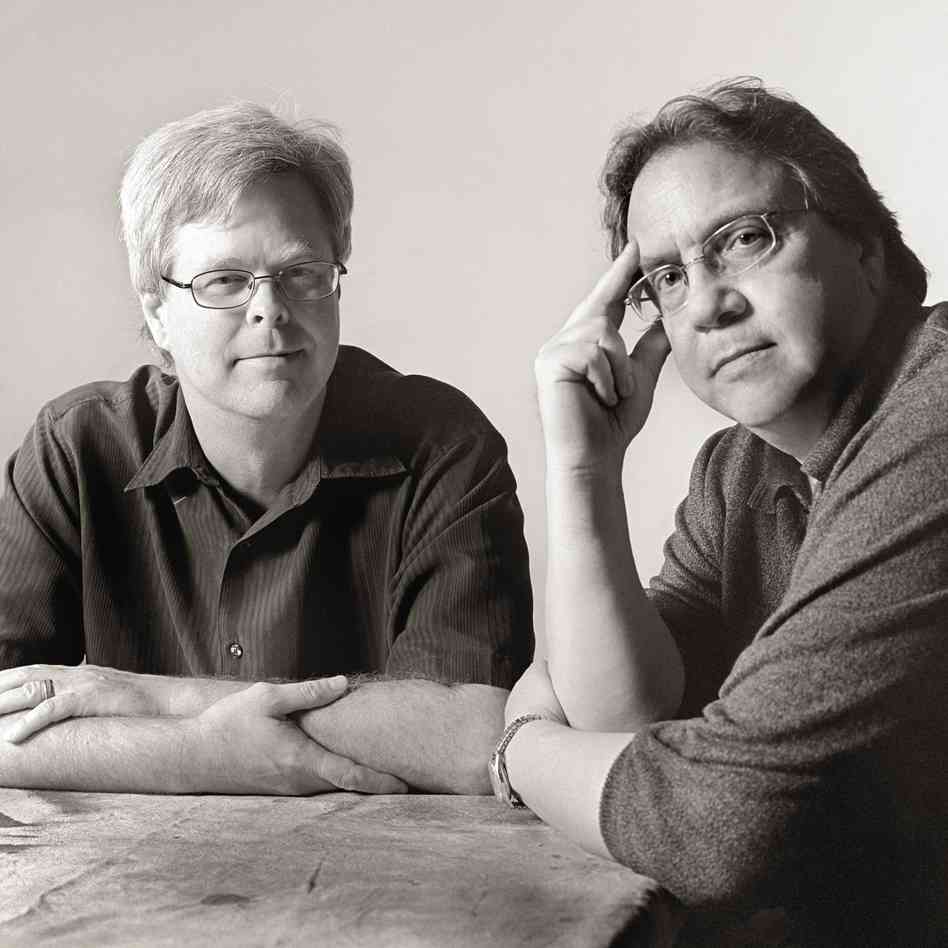

RELEASED October 16, 2013
SAN MARCOS, TX—At 4:00 p.m. on Thursday, October 24, 2013, the Wittliff Collections at Texas State University in San Marcos will present Wittliff literary curator Steven L. Davis and Wittliff archive donor Bill Minutaglio, co-authors of Dallas 1963, for a conversation about the swirling anti-Kennedy forces in Dallas that led many people to warn the president to avoid the city on his fateful trip to Texas. Past president of the Texas Institute of Letters Mark Busby will moderate the discussion. A book signing with both authors will follow. Books will be for sale at the event courtesy of the University Bookstore.
Dallas 1963—published this month as one of only a dozen selections Twelve Books releases each year—is already receiving widespread acclaim and starred reviews. Dallas 1963 has been cited as a top book this fall by the Daily Beast, Publishers Weekly, Book List, and newspapers from New York to Seattle. Amazon.com named Dallas 1963 a “Best Book of the Month” for October 2013 in two categories: History and General Nonfiction. Davis and Minutaglio will appear on PBS and CSPAN2/Book TV, and the book has already been featured on CBS Sunday Morning and NPR’s “All Things Considered.” Davis and Minutaglio will depart on a national book tour in November, with more media appearances scheduled.
In the early 1960s, Dallas was brewing with political passions, crammed with larger-than-life radicals, reactionaries, and extremists dead-set against the Kennedy presidency. Davis and Minutaglio present a revelatory portrait of the fringe warriors—and the civic leaders—who concocted the climate of hatred that led many to blame the city for the president’s death.
Many Americans are aware of Dealey Plaza, where Kennedy was murdered. But fewer know of Ted Dealey, the publisher of the Dallas Morning News, who raucously confronted JFK inside the White House, telling him, “We need a man on horseback to lead this nation—and many people in Texas and the Southwest think that you are riding Caroline’s tricycle.”
Dallas was also home to the world’s richest man, oil baron H.L. Hunt, who bankrolled hysterical attacks against Kennedy’s Medicare program, claiming that it would lead to government death panels. Dallas congressman Bruce Alger condemned JFK as a socialist dictator and helped unleash a mob attack against Lyndon and Lady Bird Johnson. These men were joined by others, including defrocked Army general Edwin A. Walker—who had been relieved of command by Kennedy for brainwashing his troops with far-right propaganda. Walker retreated to Dallas, making it the headquarters for his bitter campaign of revenge.
The Wittliff Collections are on the seventh floor of the Alkek Library at Texas State University in San Marcos, located between Austin and San Antonio. Exhibition hours, directions, parking details, and more information about visiting the Wittliff is online. For questions, call 512.245.2313.

Steve Davis is a long-time curator at the Wittliff Collections and is considered “one of Texas’ leading scholars of its indigenous culture.” His previous books include Texas Literary Outlaws and J. Frank Dobie: A Liberated Mind. Davis grew up in Dallas and says he was inspired to work on Dallas 1963 after reading the works of Texas authors and Wittliff archive donors such as Bud Shrake and Gary Cartwright.
Bill Minutaglio is a professor of Journalism at the University of Texas in Austin and is the author of award-winning books about George W. Bush, Molly Ivins, and America’s greatest industrial disaster. Minutaglio also worked as a reporter for the Dallas Morning News. In 2010, he published In Search of the Blues: A White Man’s Journey to the Soul of Black Texas, as part of the Wittliff’s literary book series with the University of Texas Press. Minutaglio is also a major donor to the Wittliff Collections, which holds his literary papers.
- Facebook
- Twitter
- Instagram
- Youtube
Email List